Easy ways to add protein to your salad
By Louise Belle BHSc (Nut Med)
Eating fresh salads regularly is a great way to flood your body with important vitamins, minerals, digestive enzymes, antioxidants and fibre. The more vegetables you can squeeze into your salad the better! After all, variety is the spice of life. If you’re one to make a simple leafy green salad or lettuce, tomato & cucumber salad without much else, it’s unlikely that it will sustain you and curb your appetite for a long period of time. Adding protein to your salad is a sure way to fuel your body and keep you going until your next meal. Ideally, you should aim for at least 15 grams of protein in your salad.
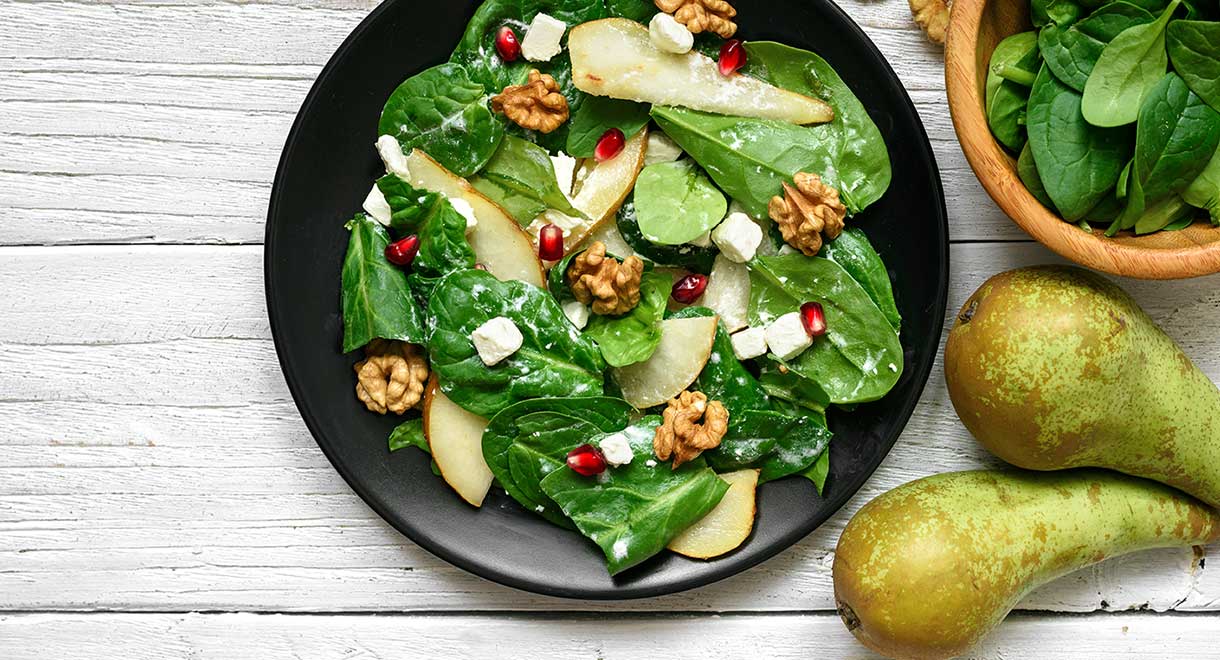

Nuts
Adding chopped nuts to your salad is a great way to boost the protein content whilst adding flavour and crunch. ¼ cup of almonds or walnuts contains 4g of protein, 2 tbsp of pinenuts contains 3.5g of protein and there is 3g of protein in 10 macadamias.
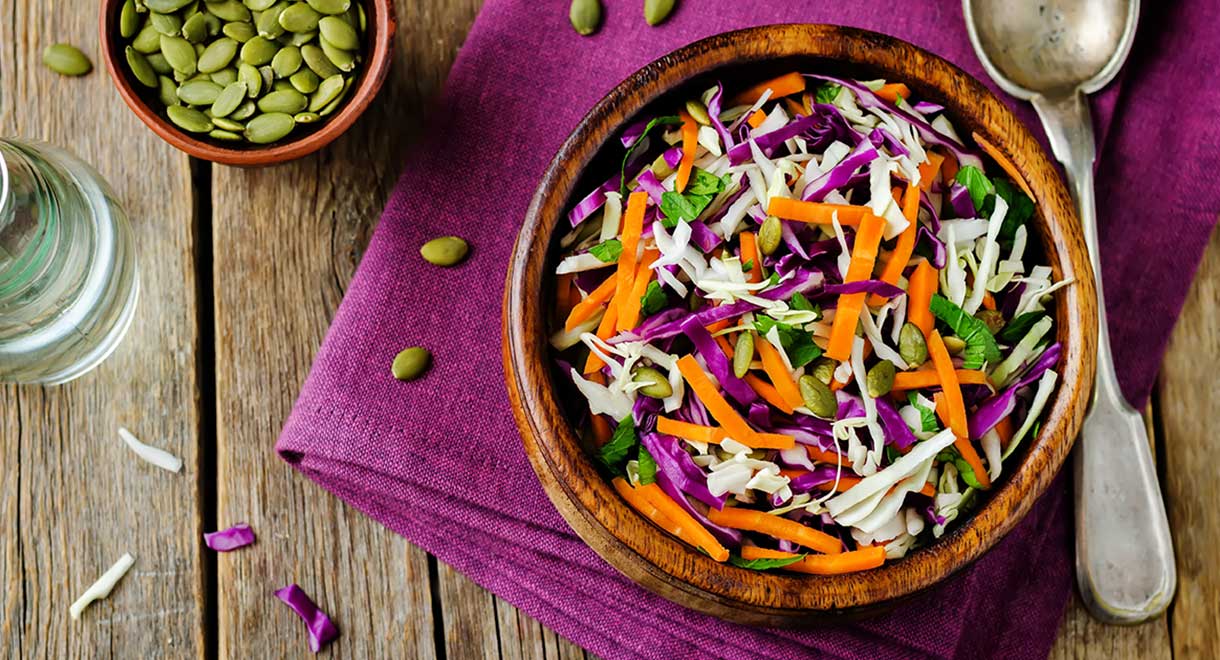

Seeds
Seeds are usually cheaper than nuts, are rich in minerals and are great for those with sensitivities or allergies to nuts. 2 tbsp of sunflower seeds yields 6g of protein, there’s 7g of protein in 2 tbsp of pepitas and 6g in 2 tbsp of chia seeds.
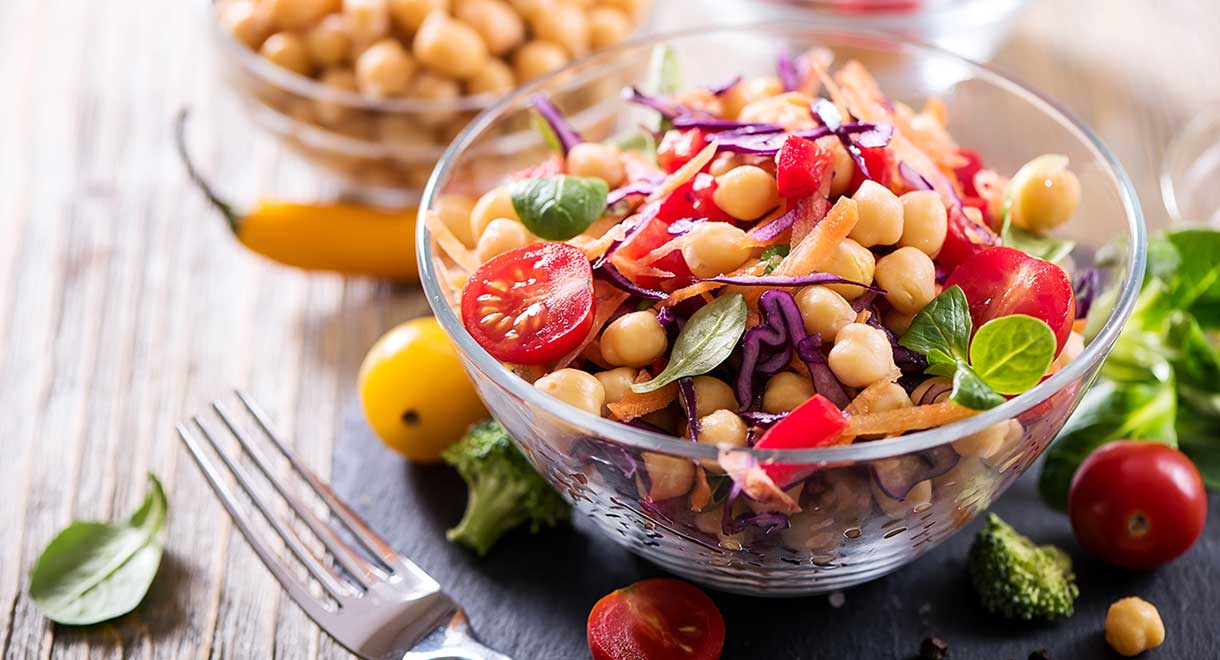

Legumes
Legumes are a great source of protein and fibre that are easy to add into salads without affecting the flavour too much. The best ones for salad are chickpeas at 6g of protein per half cup (or you can use hummus) and kidney beans and lentils at 7g per half cup. It’s important to note that most plant sources of protein do not contain all essential amino acids and therefore it is best to use sources from different categories such as a portion of nuts and a portion of legumes.
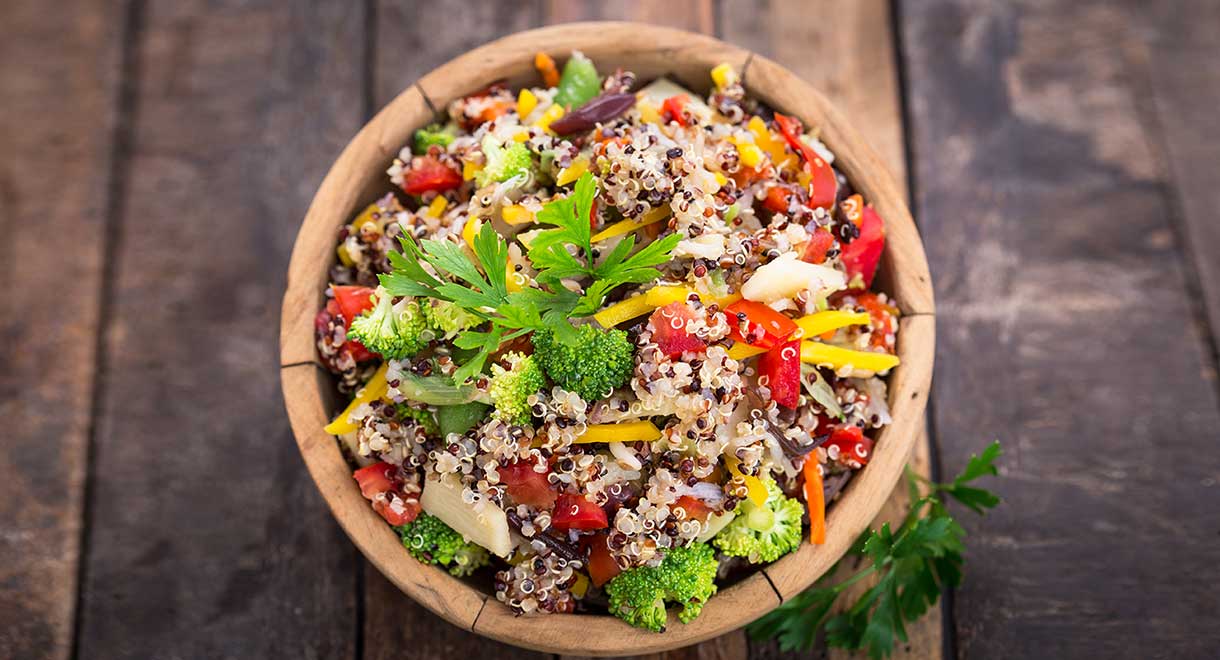

Grains
Cooking up a batch of quinoa or pearled barley and storing it in the fridge (or freezer) is a handy way to boost protein and flavour in your salad. Quinoa will provide 4g of protein per half cup, pearled barley contains 8g per half cup and millet has 3g per half cup. Tip: Add herbs and spices to the water when boiling your grains for extra flavour!
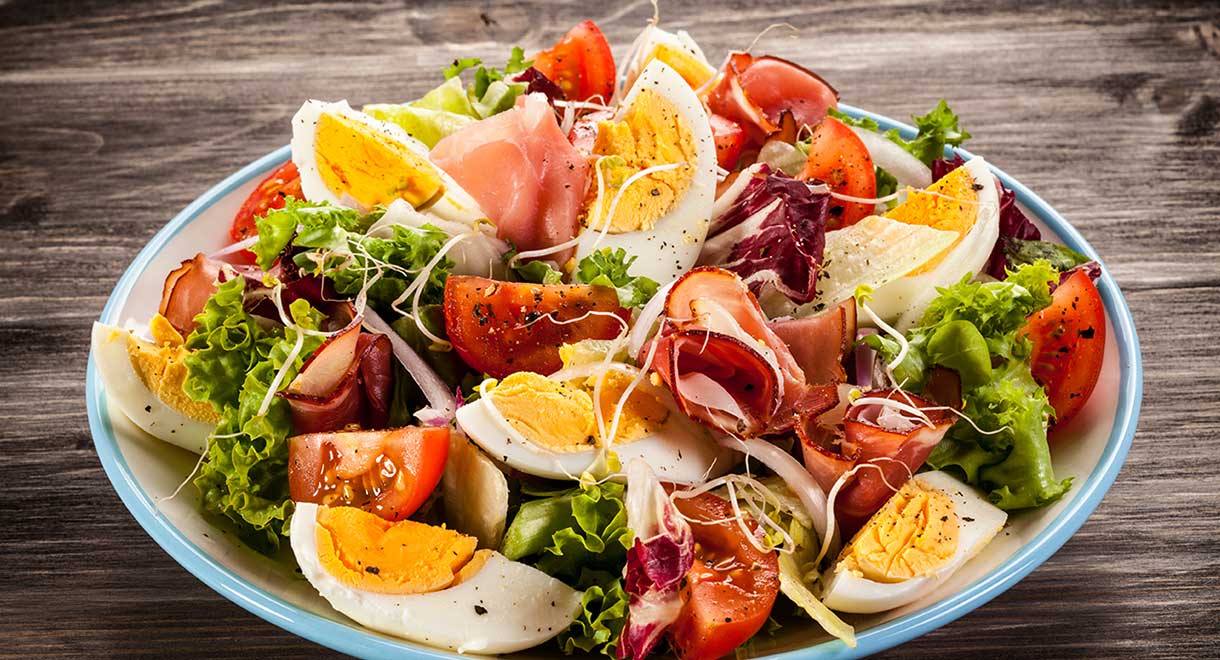

Eggs
Eggs are protein powerhouses and you can boil up a bunch of eggs in advance, leave them in the fridge and grab them on the go to add to your salad. One large egg will boost your salad with 7g of protein. You could use two eggs or use one egg and another protein source.
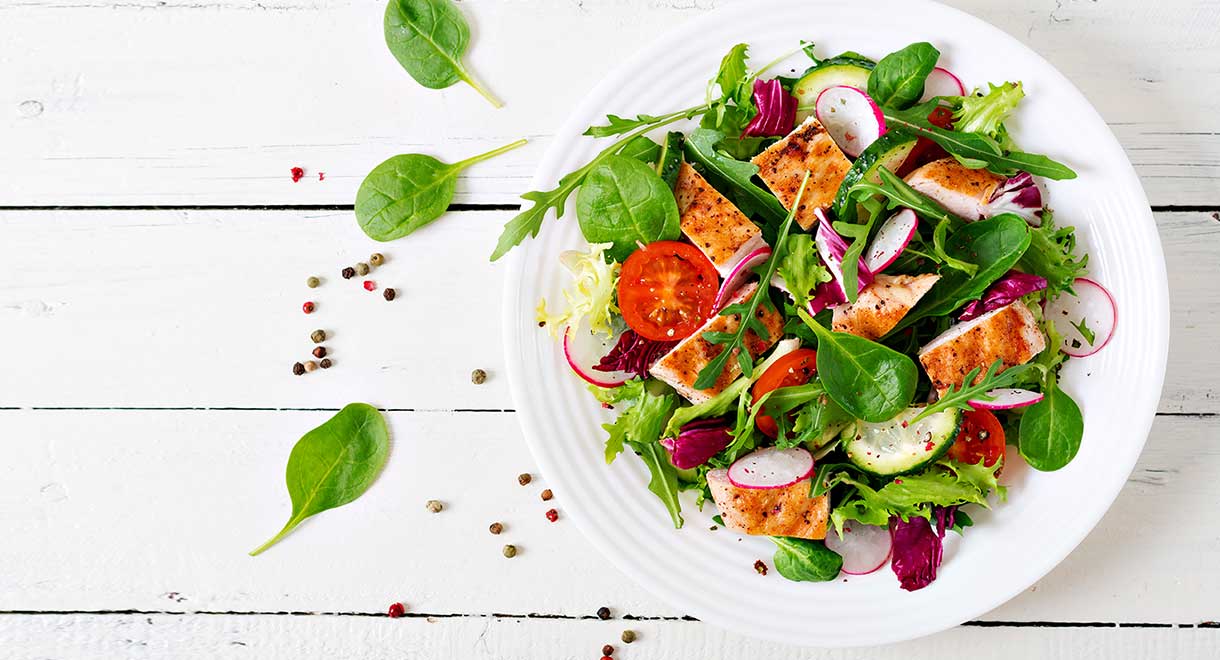

Meat
Adding some meat to your salad is an obvious protein source and it’s a first-class protein meaning that it contains all of the essential amino acids. ½ a chicken breast (85g) provides a whopping 27g of protein, 2 slices of roast lamb (85g) provides 25g and 80g of pink Atlantic salmon contains 18g of protein.
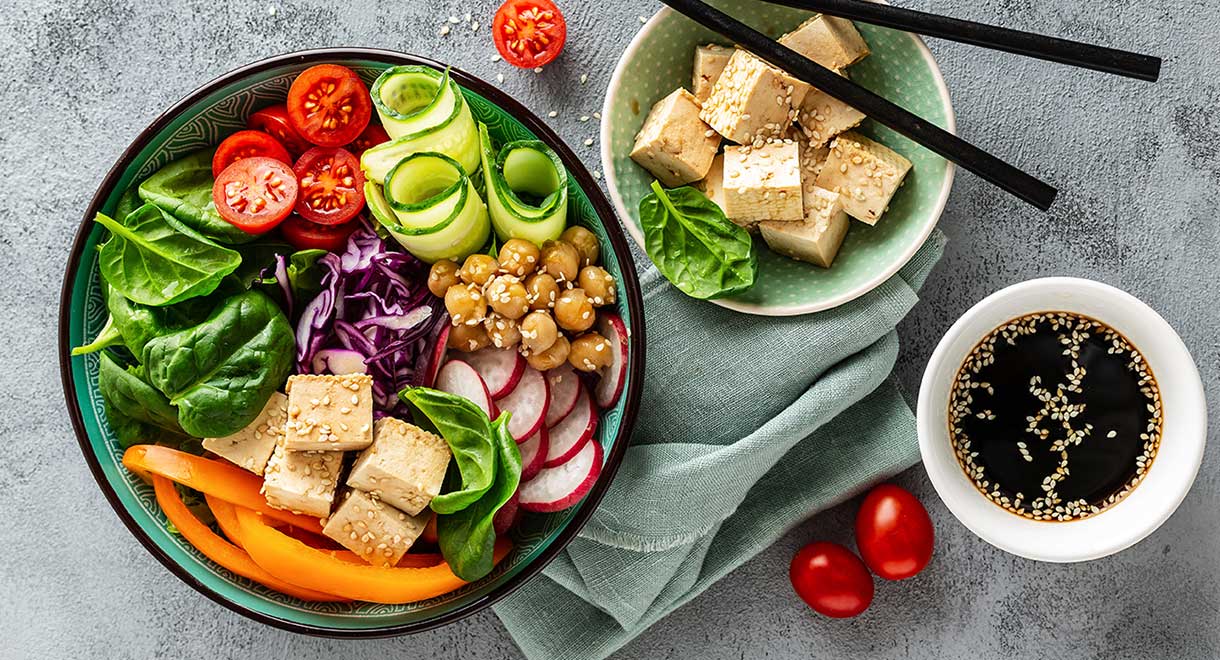

Soy
Tofu and tempeh (at 12g of protein per 100g) and edamame beans (5g per 1/3 cup) are vegetarian friendly sources of protein. It is important to look for organic, non-GMO sources and to consume within moderation. Those with sensitivities to soy should avoid it.
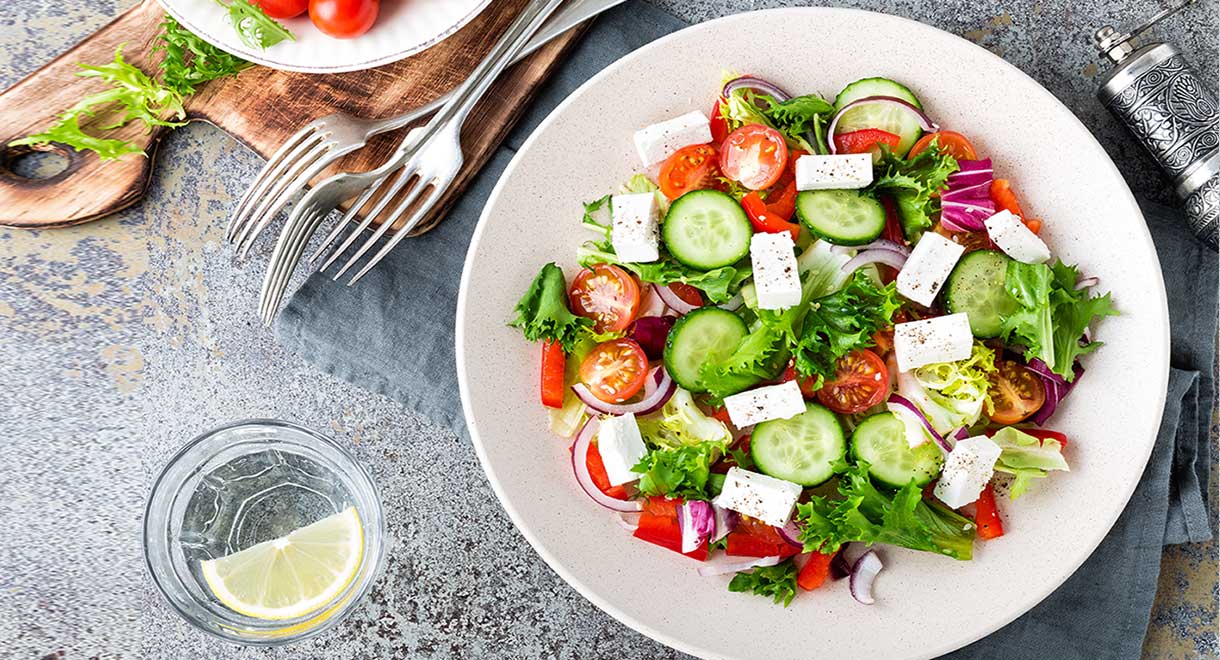

Cheese
If you aren’t intolerant or sensitive to dairy products, adding a little cheese to your salads here and there is another way to boost protein in your salad. 30g of haloumi yields 6g of protein, 30g of fetta will provide 5g of protein and 30g of bocconcini will add an extra 8g of protein to your salad.
As a general rule, we should be consuming at least 0.8g of protein per kg of body weight daily. You can use a food tracker app to determine whether you are meeting your protein requirements. Supplementing with a protein shake or smoothie can help you to meet your protein requirements if you struggle to get enough throughout the day. Synd X protein powder is made from whey protein concentrate and provides 16.2 grams of protein per serve and only 1.1g of carbs. Ultimate Superfood powder is also a good protein source, providing 9.57g per serve along with an abundance of superfoods and antioxidants.


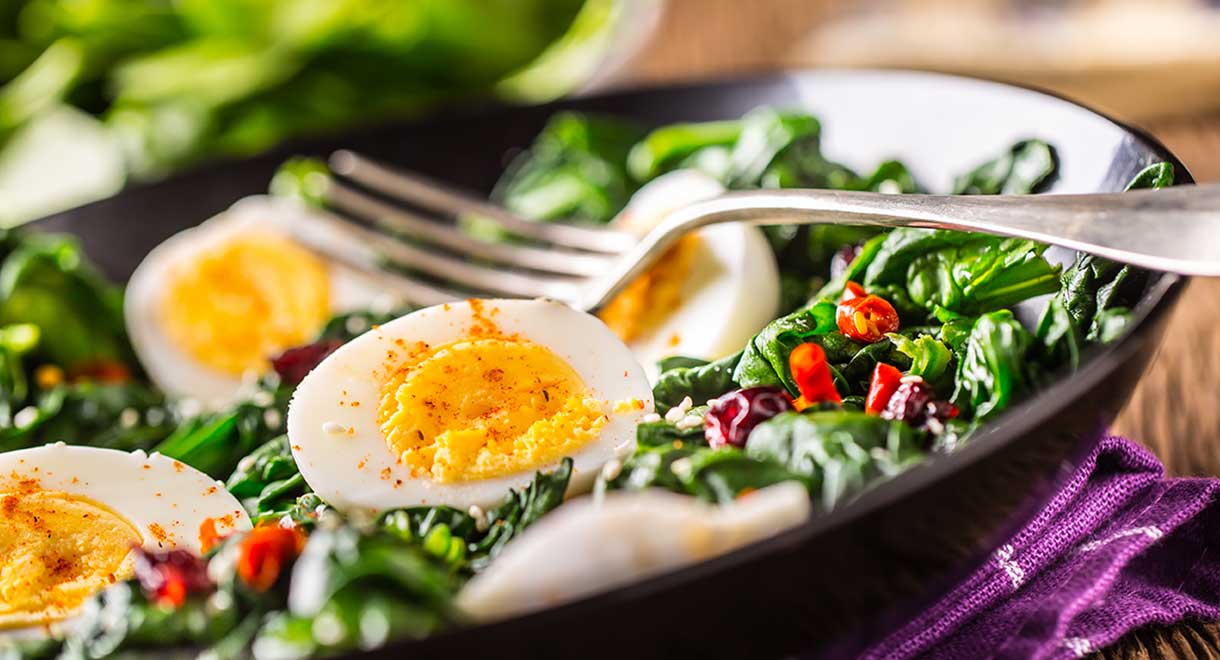



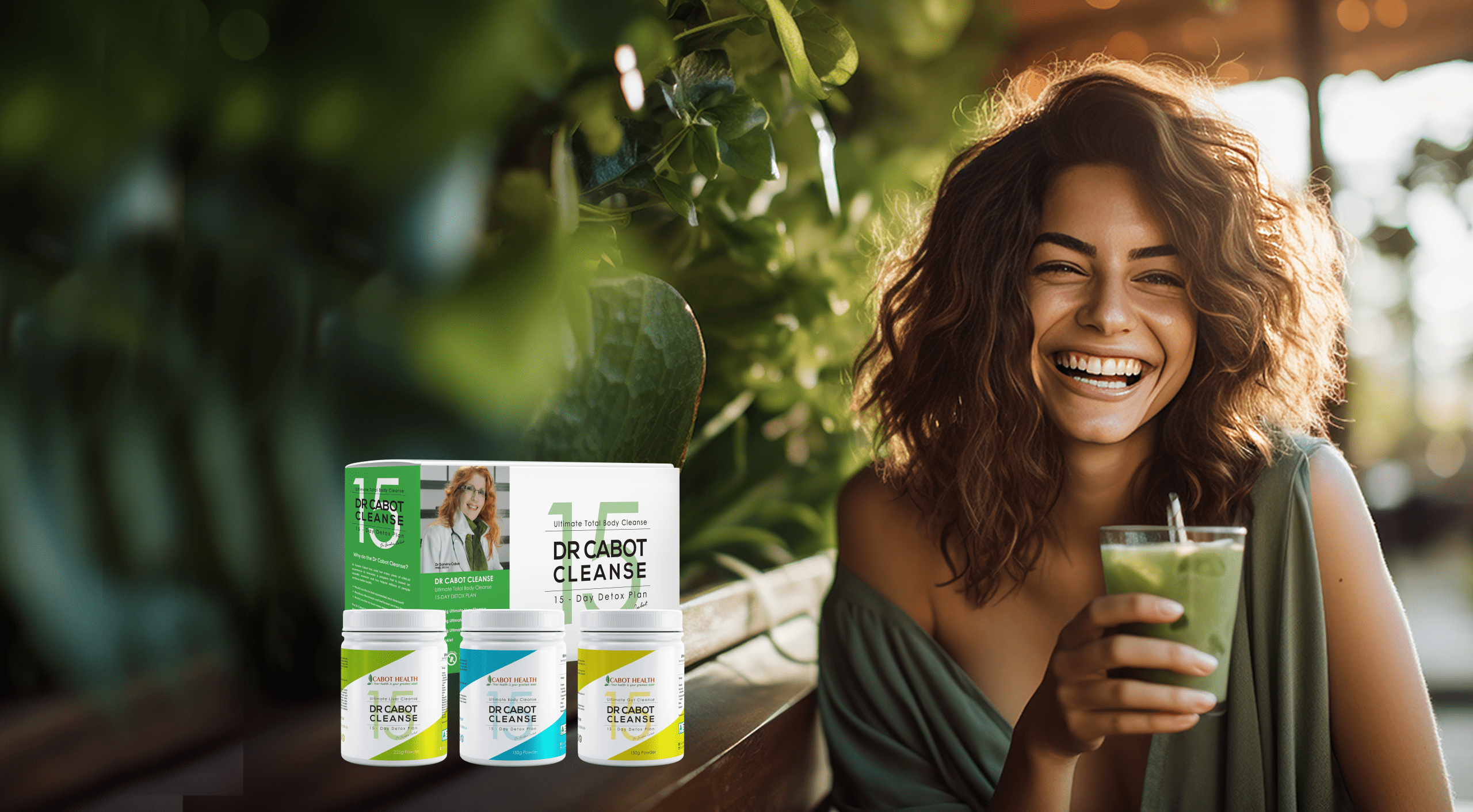

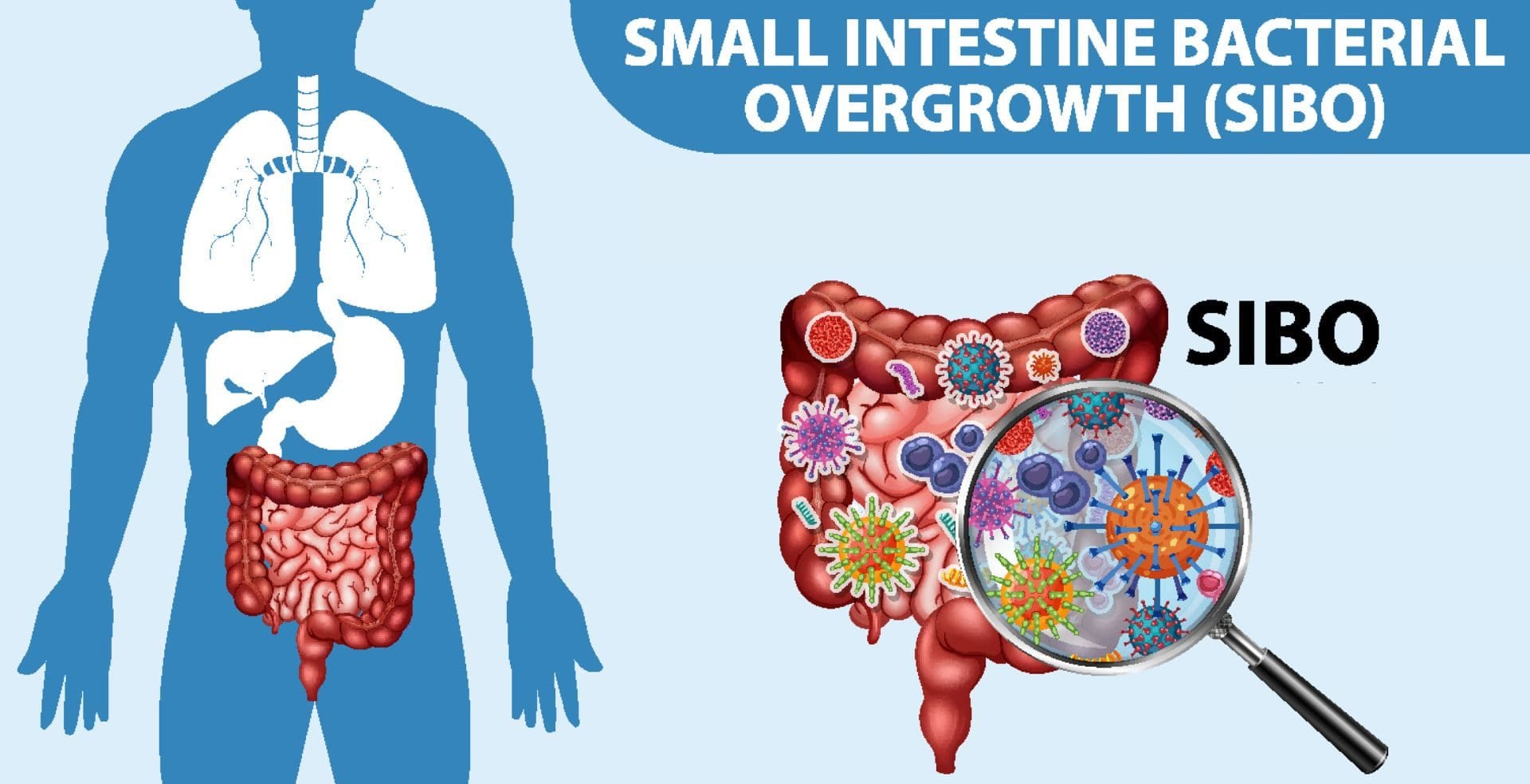
Leave A Comment